Recognize 7 Characteristics of Tempe that you need to be aware of!
You need to know the characteristics of tempe who are not good so as not to harm the body when consumed. What are the characteristics of bad tempe people like that?
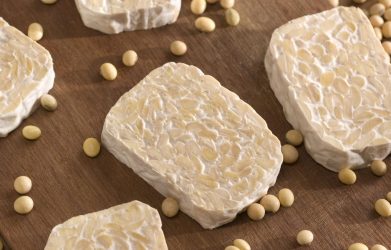
Tempe is one of the processed soybean products that is very popular not only in Indonesia, but in the world too. In general, tempeh is a typical Indonesian food made from soybean fermentation or other ingredients that use several types of fungi, such as mold or yeast.
Tempe with good quality usually has easy characteristics to know. The first characteristics, mushroom threads cover the surface of tempely and white. Then the tempeh structure is solid and there is no blackish gray spore. In addition, tempeh also smells fresh and remains solid when sliced.
On the other hand, you need to know the characteristics of bad tempeh so as not to harm the body when consumed. What are the characteristics of bad tempe people like that? Without waiting long, just see the first list below.
1. Too wet
If the tempe looks too wet, there can be several factors that cause it. The first is the temperature during the process of making tempeh. If the temperature is too hot during the fermentation process, then this can cause tempeh to become too wet.
In addition, storage factors can also cause wet tempeh. Namely the condition of the humidity that is too high in the storage area. It's better not to store tempeh in a damp place.
Another factor is wet soybeans when they want to be fermented, fermented devices that are still wet and not yet completely clean, or too small hole in the plastic wrapper. These factors can make tempeh to be too wet, thereby reducing its quality.
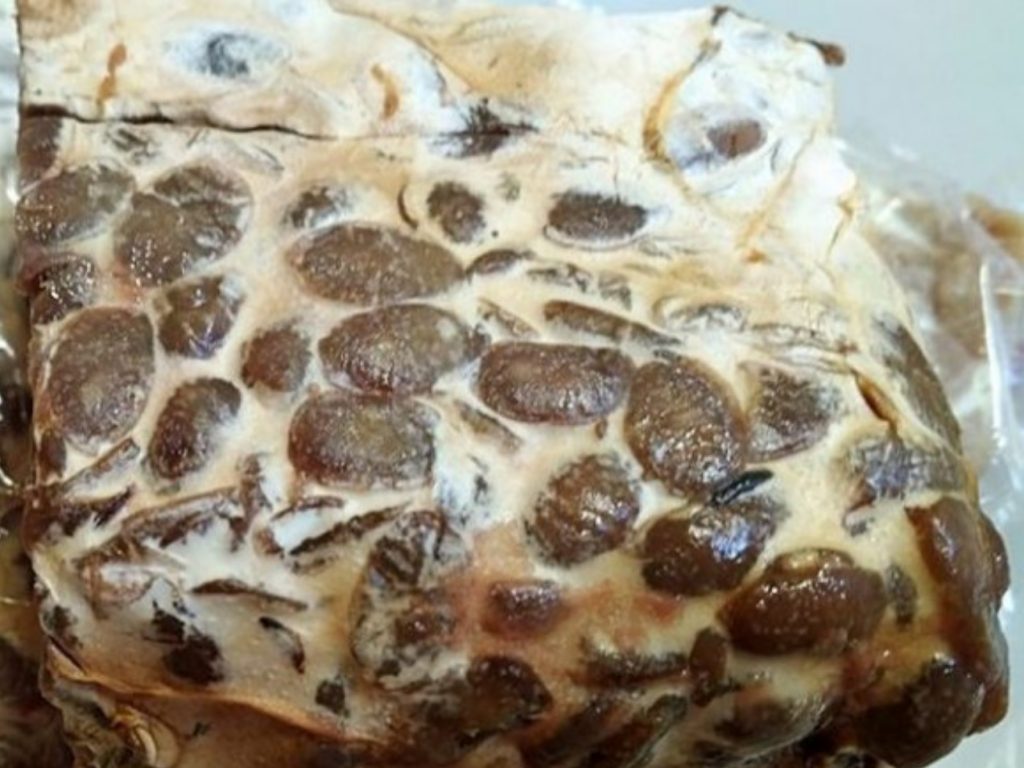
2. Not solid
Have you ever made or bought tempeh that is not dense? This condition can reduce the quality of tempeh to be consumed you know! Because when fried or steamed tempeh will fall apart and the shape is not good. Besides that, the taste produced will be reduced.
Then what factors cause tempeh not dense? The first is the fungus used is inactive or too little. In addition, it could be that the fungus used has expired so that it does not produce the maximum mushroom thread.
Other factors are uneven stirring processes, fermentation time that is too short, and the temperature during the fermentation process is too low.
If the seller of the tempered tempeh sells tempeh that is not dense, tell the factors above so that the quality of the temperature is getting better!
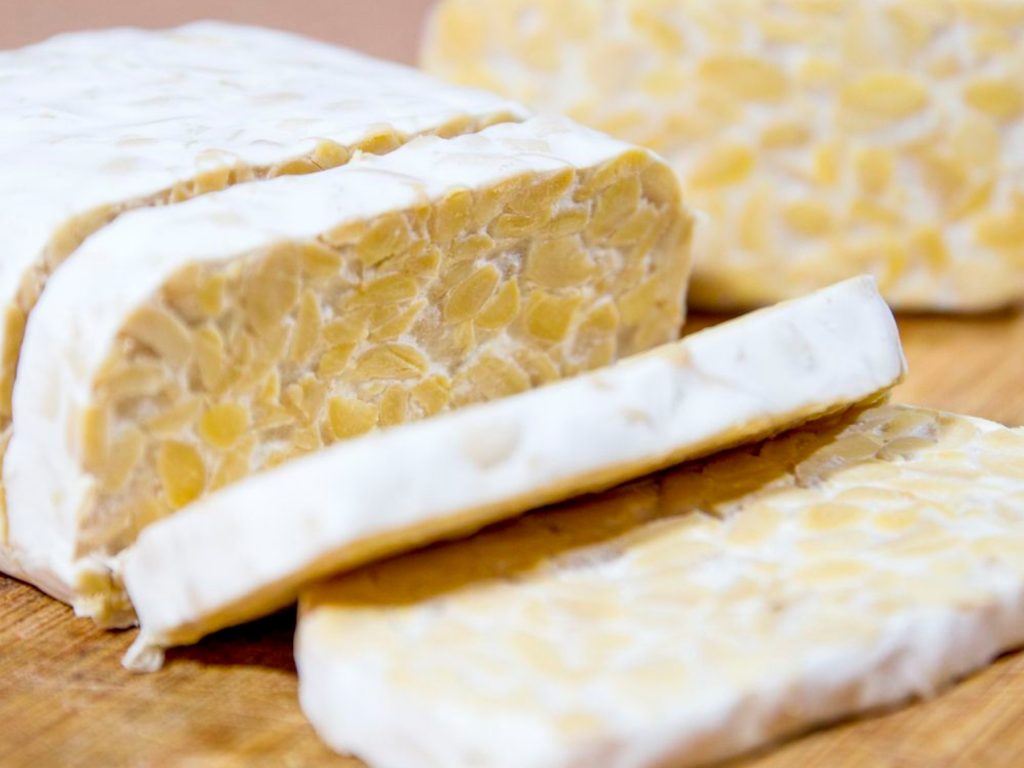
3. There is a black point
Did you know that black spots can appear on the surface of tempe? Yes, that can happen and will reduce the quality of taste and appearance of tempeh. Black spots appear because of too much oxygen intake during the process of making tempeh! Then how to prevent it?
The first way is to close tempeh evenly, so as not to be exposed to air directly. Then try the fermentation process not too long, with a temperature that is not too high and in a room that is not too moist. Finally, you should use mushrooms or starter good quality.
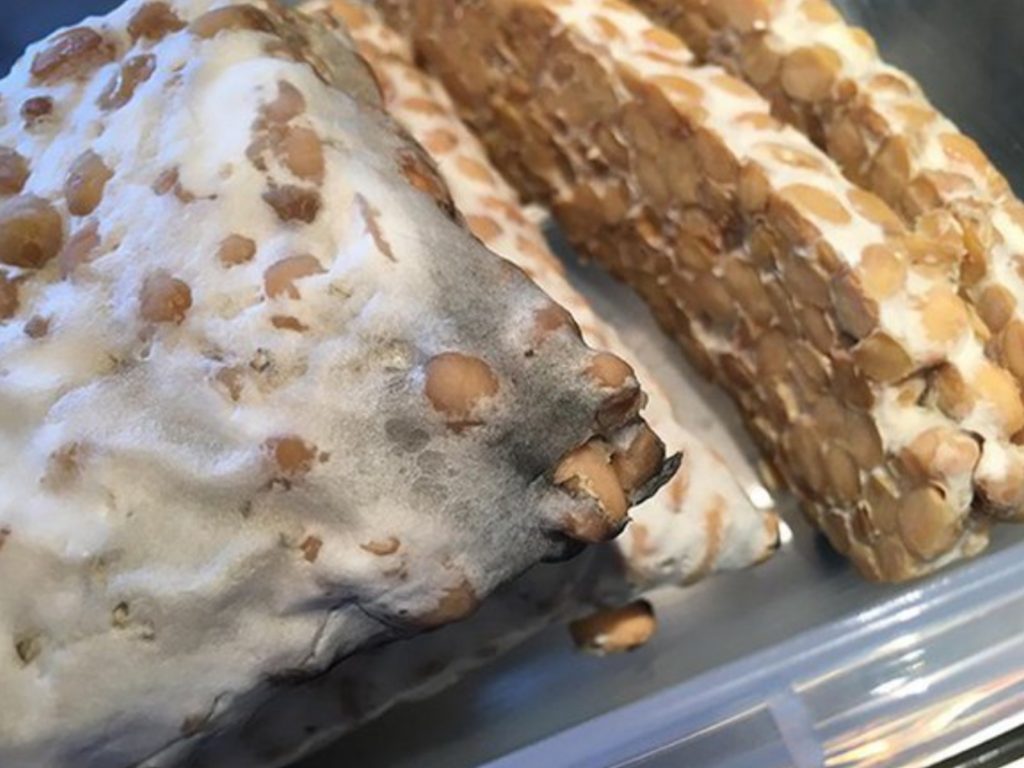
4. smells of ammonia
The smell of ammonia or alcohol on tempeh appears due to the old fermentation process. In addition, the fermentation process occurs at too high temperatures. So as to help the fungus grow or starter, Tempe makers should close tempeh with a clean cloth.
In addition, the smell of ammonia can also be caused by unclean equipment. Before making tempeh, make sure all hygienic and clean equipment so as not to be contaminated with any bacteria, including bacteria that cause ammonia and alcohol. While the last factor is because the water content is too high.
5. Mushroom thread is not optimal covering tempeh
A good tempeh has the characteristics of white mushroom thread colors and covers most soybeans. But if the fungus thread is not optimal covering tempeh and there is a crack or gap, it will affect the quality of tempeh. Then what causes that?
The first factor is the uneven mixing starter With soybeans that cause fungus to not grow well and eventually unable to glue all soybeans. The second factor, the temperature in the incubator space is uneven still related to the second factor, if the aeration hole and the movement of the air in the incubation space are uneven, then the fungus can also not grow well.
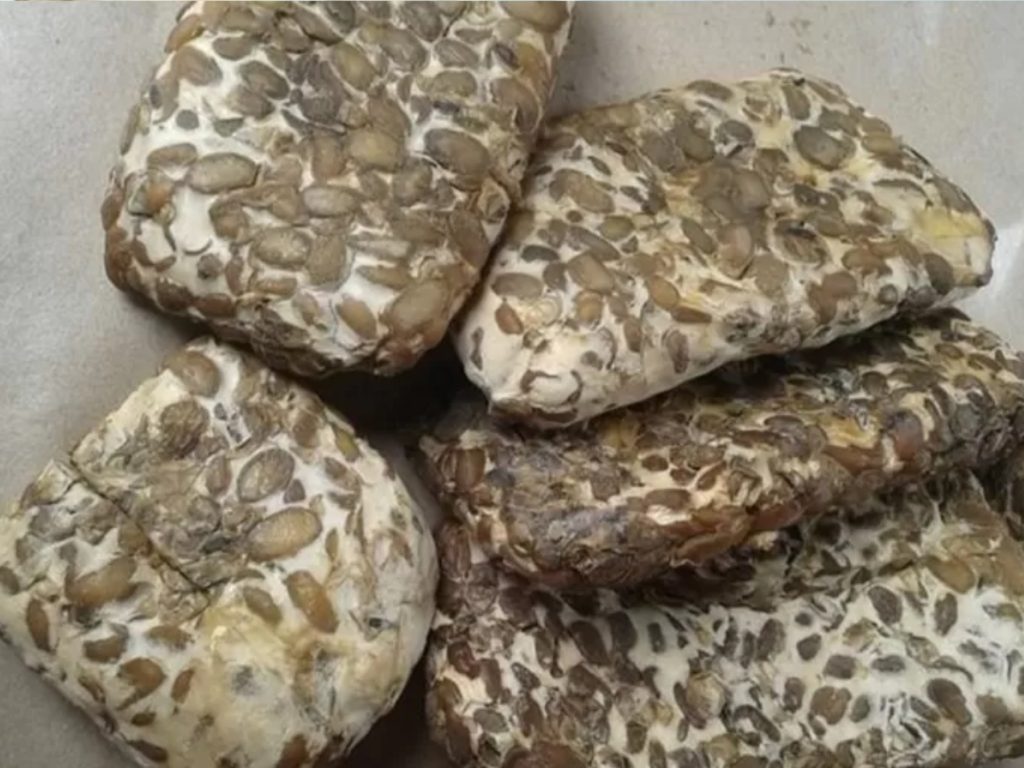
6. Tempe is too hot
In general, fresh tempeh that is ready to be cooked usually has a warm temperature. But if the tempe conditions are still too hot, then the possibility of tempe quality will be less good.
Tempe temperatures that are too hot are usually caused by temperature, humidity, and ventilation regulation that is not good during the processing. In addition, an incubation site that is too closed and limiting air circulation can also be a cause of tempe too hot. To prevent this, make sure the incubation site is not too tightly closed during the processing.
The last factor is the amount of too much soybean in plastic packaging, which can affect the fermentation process.
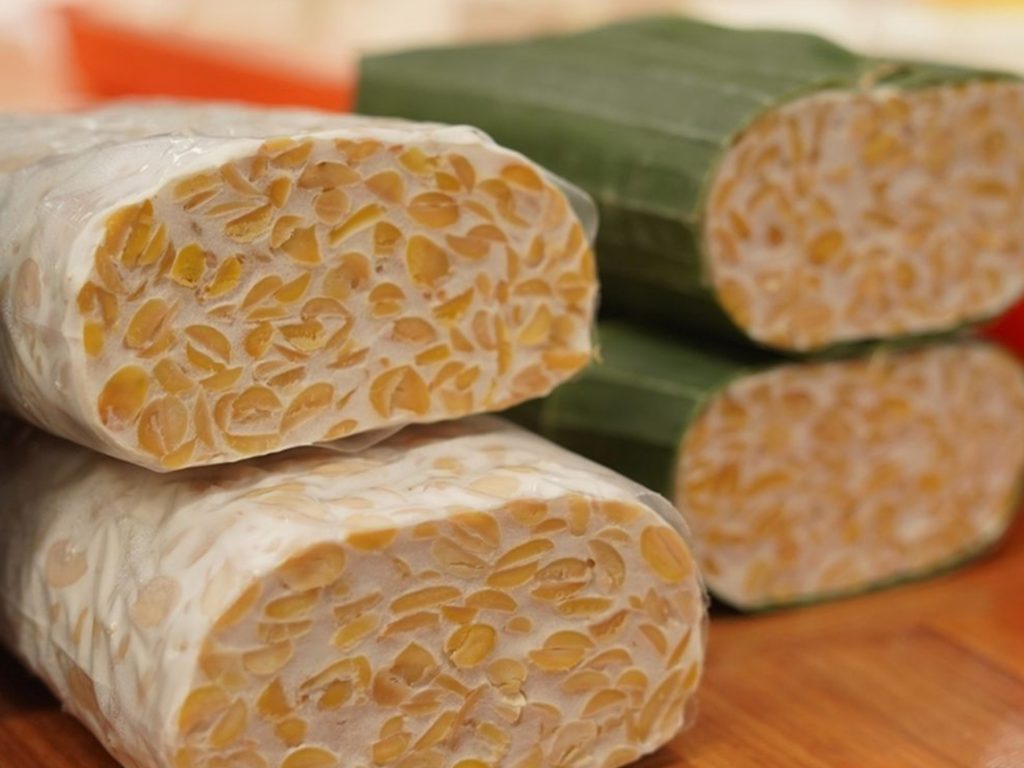
7. Toxic
Toxic tempeh can be dangerous for human health. This can happen because of the contamination of soybeans and starter with pathogenic microbes or other toxic ingredients. Especially if quantity starter Too little, which finally 'loses competition' with other microbes that also grow in soybean candidates for tempe.
Another factor is the lack of cleanliness of the place to make tempeh and the expiration of the expiration of the material for making tempe.
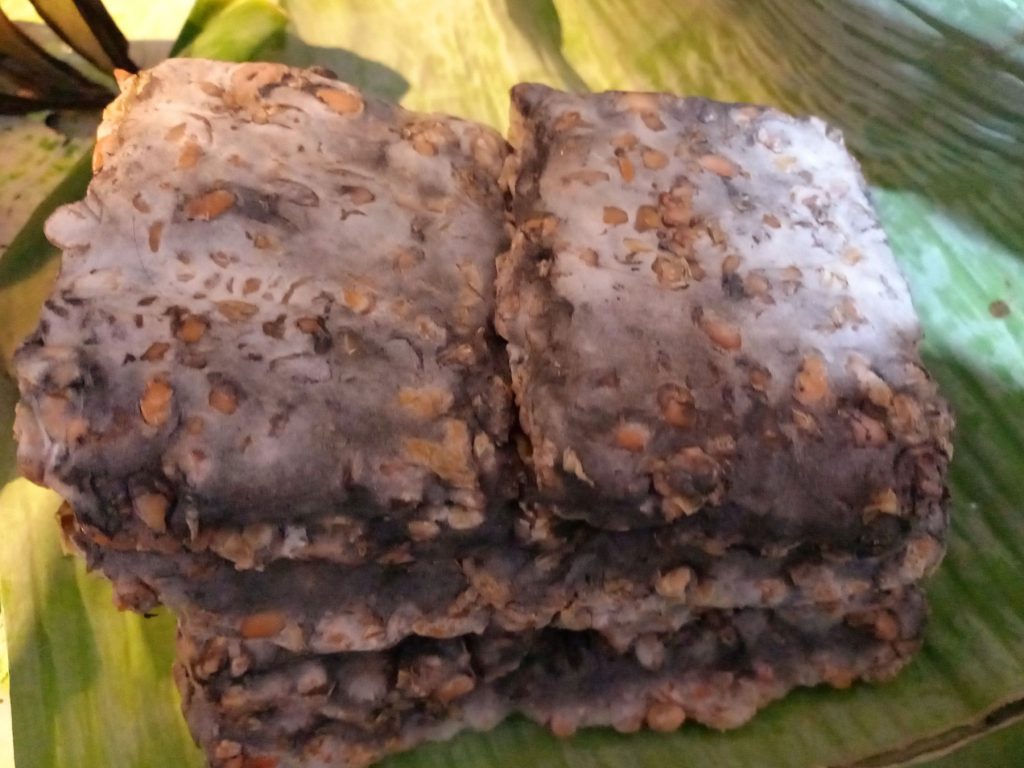
Toxic tempeh usually causes a pungent odor, has a striking color and texture change, and there are gray or black mushrooms. So if you find these characteristics in the tempeh that you will consume or process, it's better to just throw it away!

Signs someone you like dementia, according to science

There are 6 "different types of Covid and it's the one you do not want
